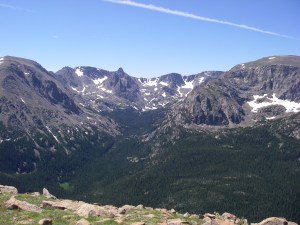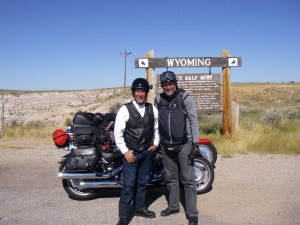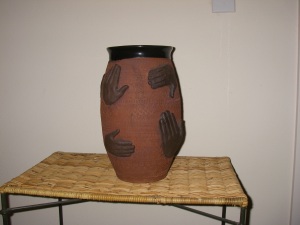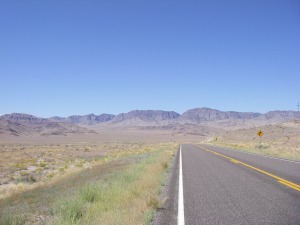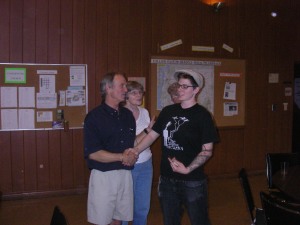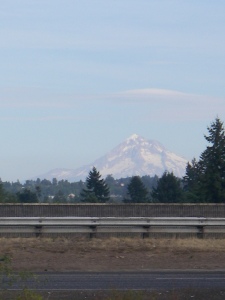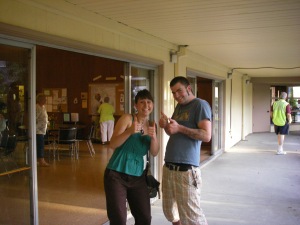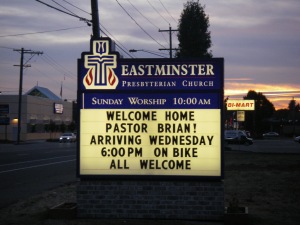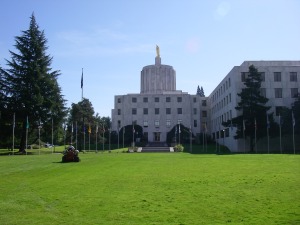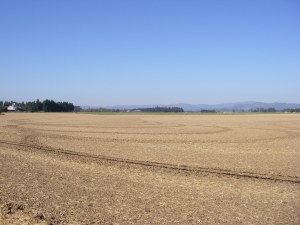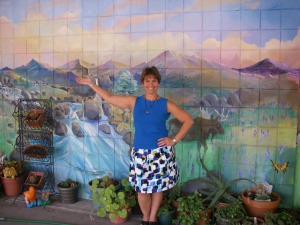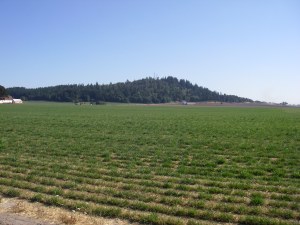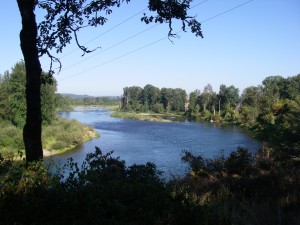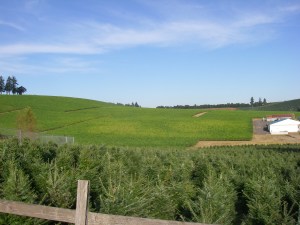Scott asked, “Do you have any advice for me going into ordained ministry at this juncture of history, culture and change?” Here is my reply:
Scott,
That is such an important question. I find it difficult to answer as I do think it has to emerge out of one’s own personal discernment. But, I do think your awareness of entering ordination in this time of rich ferment and uncertainty is important. What I have had to wrestle with is that when I first answered ordination questions 22 years ago I did so with an image of what it meant to be a pastor in my home town where I grew up. Pastors were not only church leaders, but community leaders. My involvement in church was just one expression of a deeper community commitment including scouting, school leadership, sports, etc. To be a pastor was to be one of the spiritual leaders of the broader community.
Today, I find that to be a pastor is to be seen warily by the larger community and that our role is to pastor “the flock” or the religiously faithful. It often seems limited to the people inside the church walls. Granted, I have worked hard to buck this as I have become deeply involved city politics and planning, but there were barriers of trust to overcome first. I think the important thing, Scott, is to discern what your gifts and voice are and determine if the Church is where God is calling you. I am convinced that the Church, as we think of it, with its structures and polity, is just one slice of a much larger pie called the body of Christ. We have always affirmed that in our theology, but today there are more distinct lines between what we call the church and the society around us. When I was a child the two flowed easily between each other. My particular call to ministry was a call to community leadership. The culture shifted and the church is in survival mode and now I am fighting to hold onto my sense of call or learn to be at peace with a world that no longer exists.
I do think this time in which we live needs leaders who have deep integrity and fortitude. We are at this uncomfortable cusp of history where there is pressure to take care of an aging Church just as new forms of spirituality are being birthed. It feels very much like being part of the sandwich generation where an adult child is caring for an aging parent AND trying to nurture and nourish babies and young children. Both are in life stages where they are very “needy”. I find myself daily taking deep breaths as I try to walk with those who are letting go and share the energy and enthusiasm of those giving birth to something new. If you can imagine a 35 year old who is watching her mother die while also being in her 8th month of pregnancy, that is how I often feel. I think it is a reflection of the larger church culture you are entering.
Your journey may be very different than mine, but I hope that these questions and thoughts will be helpful! Peace, peace!


